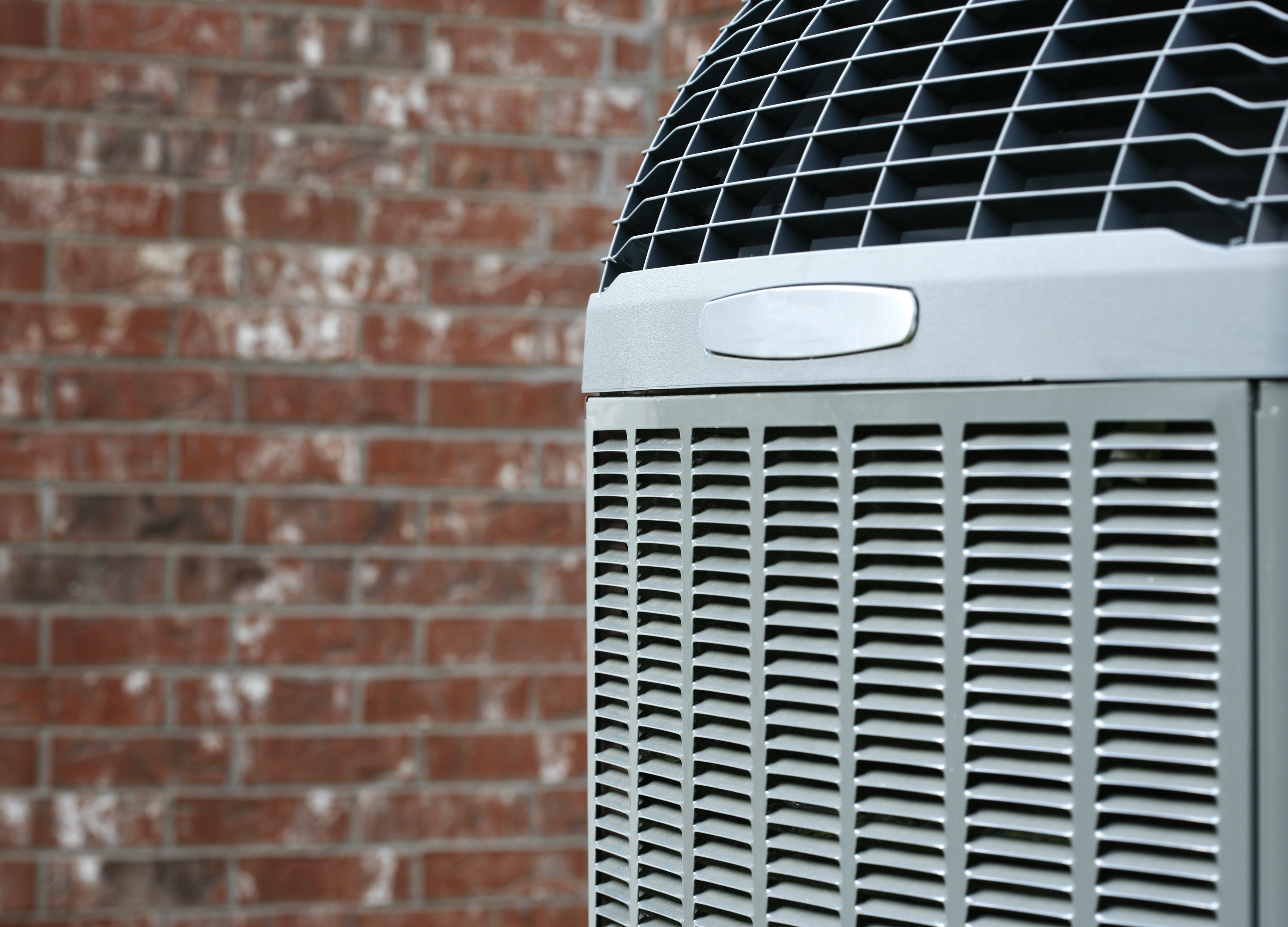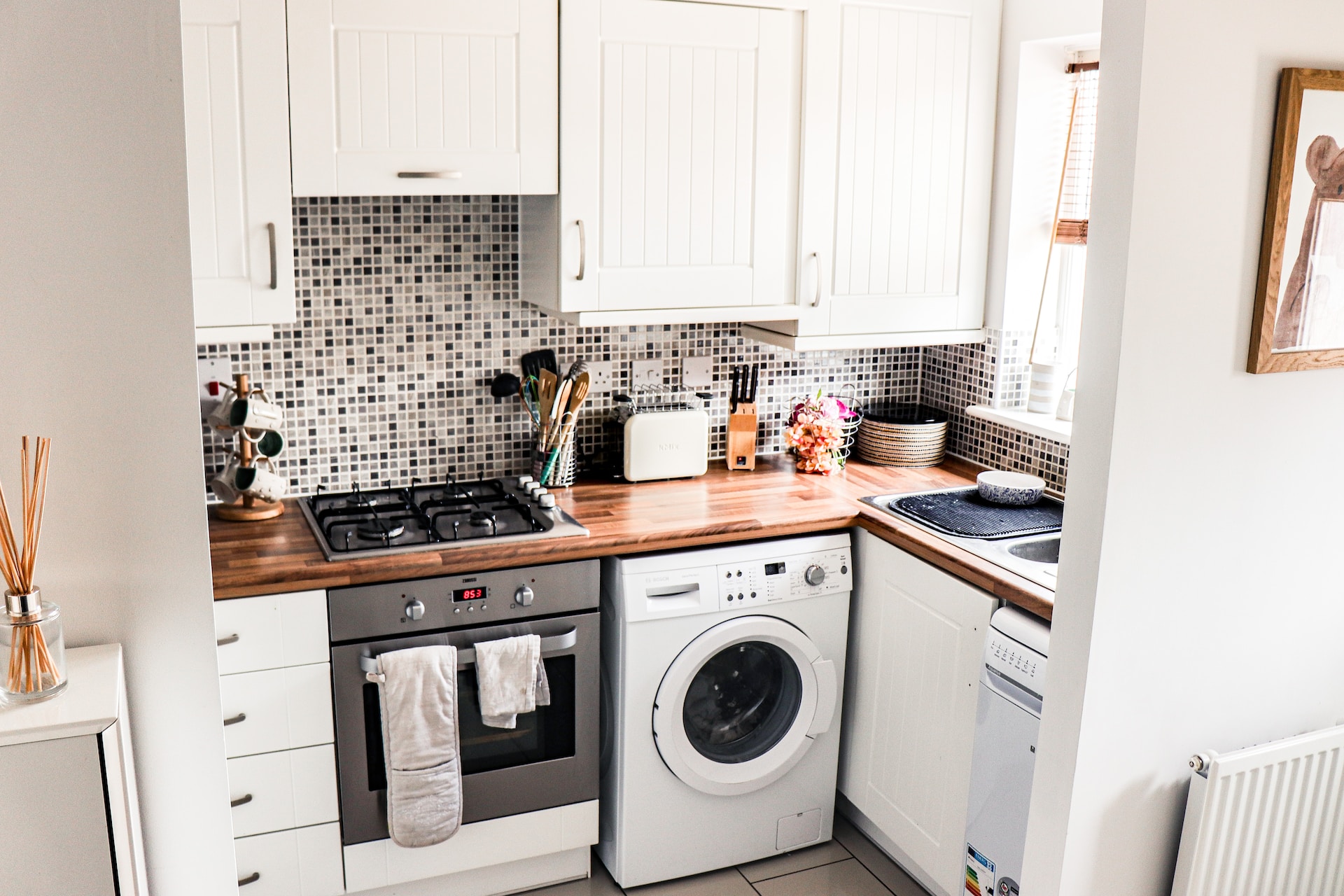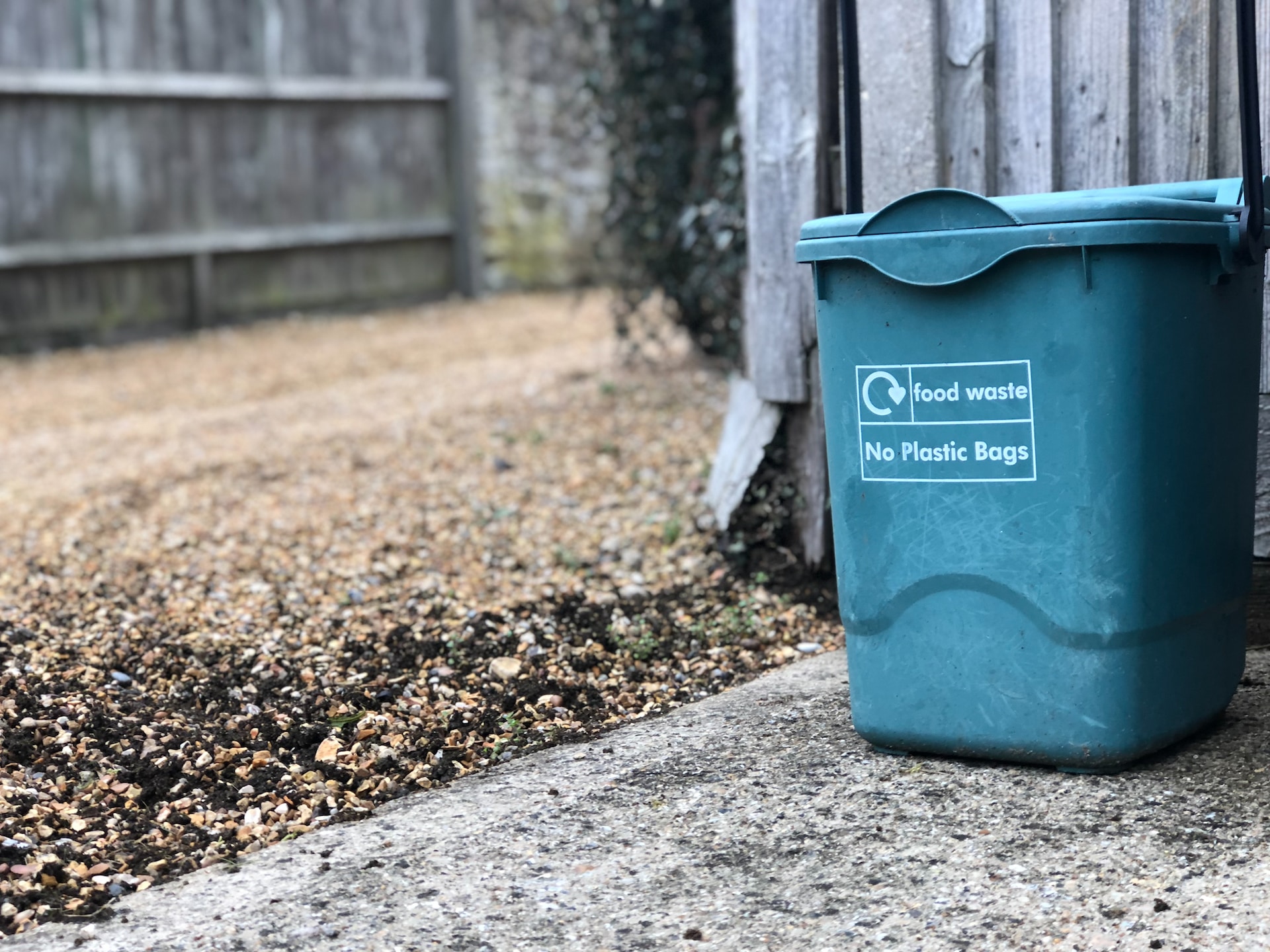Installing the right HVAC unit is one of the biggest decisions you will make in your home. The right system promises to keep you and your family comfortable for years to come and if you choose wisely, you may only have to make this decision once.
To make sure you select the right HVAC system for your needs, take a look at the pros and cons of the most popular choices for heating and cooling your home.
Furnace
A furnace uses electric, gas or oil to generate hot air which is then distributed through a duct system around your home. This is a good option if you live in an area that experiences very cold weather.
Pro: Gas and electric furnaces are reliable sources of heat in any climate. If you’re on a budget, they will be a less expensive initial investment than a boiler or heat pump.
Con: The blown warm air may give your home a drafty feel. If you need your home to be cooled in the summer, a separate unit may be required. The air duct system will require regular maintenance to ensure that the unit runs efficiently.
Heat Pump
Heat pumps, powered by electricity, extract heat from the outside air and use the air duct system to distribute the warmth around your home. They are a good option if you live in a milder, less humid climate. If the weather is too hot or too cold the system will be ineffective.
Pro: You can reverse the heating process to extract cool air from outside and cool the home, this saves you the need for an additional A/C unit. Heat pumps don’t rely on burning fuel to generate heat, making them more energy efficient and cheaper to run.
Con: If the weather outside is below freezing, a heat pump will not be able to heat your home. Similarly, if the outside temperature is higher than inside, it won’t successfully cool your home either. A heat pump will be a higher initial investment cost than a furnace.
Boiler
Not to be confused with a water heater, a boiler is a device capable of boiling water incredibly quickly. The hot water is then distributed throughout your home through a piping system. It can be powered by gas, electricity, oil or wood pellets. This is a great option if your home doesn’t require cooling in the summer.
Pro: Using hot water instead of hot air offers many advantages in heating your home. The piping can be used for underfloor heating and there are no air filters that require regular maintenance. Boilers can maintain a consistent heat meaning that they don’t switch on and off as often as furnaces.
Con: The main reason you don’t see as many boilers in homes as you do furnaces, is the cost. A boiler will cost more to install and maintain than a furnace.
Whole House Fan
A whole house fan works by drawing in cooler external air through your windows and doors, while forcing warmer internal air up and out through your roof. They’re a good option if you live in a milder climate, where the outside temperature is generally cooler than inside.
Pro: Unlike an A/C unit, a whole house fan utilizes the external air to cool the home making it less expensive to run and more energy efficient. They use around 90% less energy than an A/C unit.
Con: A whole house fan relies on extracting coolness from the external air and will be unable to lower the temperature of your home if you experience hot or humid climates.
Central Air Conditioning
An air conditioning unit uses electricity to generate cool air and distribute it throughout the home via the air duct system. An A/C unit is ideal if you live in an area that gets very hot and humid.
Pro: A/C units don’t rely on external temperatures to distribute cold air. They will often double as a furnace to heat your home in colder temperatures. The air ducts filter the air, eliminating any humidity or pollution.
Con: The costs of running and energy efficiency are considerably higher than a whole house fan. The air ducts and filters will require annual maintenance from you or a HVAC professional.
Now you have an idea of what HVAC unit is suitable for you and your home:




